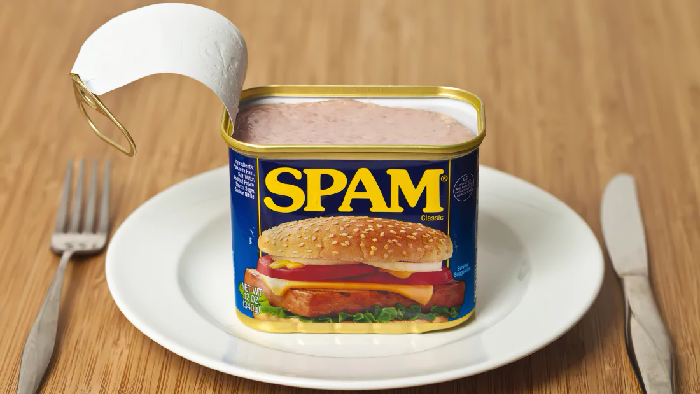I think you’ll agree, spam emails aren’t as big of a problem as they once were. About a decade ago, I got around 100 a day advertising all sorts of drugs and illicit activities. The beginning of the end for spam was the CAN-SPAM act of 2003, which mandated strict penalties for legitimate companies who didn’t let you unsubscribe. That only left the true spammers, who were easier to identify.
The killer app for spam was the rise of national email providers. In the 2000s, internet service providers were just as likely to be small outfits without a lot of resources. There were some national ones, but it wasn’t until the rise of Gmail that we started to see some break from spam.
Google put in much more serious logic to try to weed out spam, and other national email providers like Microsoft had no choice but to follow suit. It took a long time, but spam started to wane. Today, I still get about 25 spam emails a day but I don’t even see them. They’re just routed to a box I don’t even look at more than once every other month or so.
A spammer’s gotta eat
Spammers tried moving to text messages, but spam texts never really caught on. Maybe they just weren’t very effective. The next stop for those unsolicited advertisers, though, was a return to a much older form of annoyance.
Robocalls were fairly rare until the internet age. They required special machines and those machines were expensive. There were telemarketers, but their day had faded a lot when people moved to email instead of phone calls for their daily communication. The Do Not Call Registry, also implemented in 2003, was a big help.
And then, the internet happened.
With IP telephony, it’s incredibly easy to make 10,000 phone calls a minute from anywhere in the world. It’s as illegal as it’s ever been, but the US Government can’t reach a lot of these callers. Those who can be reached are free to move from place to place easily.
Robocalls have become such a problem that the FCC, an entity not known for making a lot of good decisions, finally had to take action. In a relatively limp but probably effective move, they decided to allow carriers the power to block robocalls without asking their customers. The way the rules had been written, no cell carrier could block a call without permission being given. This meant that the best most carriers could do was alert their customers that the call on the other line was probably a spammer and let people hang up and block for themselves.
Get ready for the worst
The good news is that you’ll probably see fewer robocalls in the coming months. The bad news is that those advertisers are going to try to find other ways to reach out to you. It just so happens that this move to kill the robocall industry is happening at the same time that Google is moving to kill third-party ad-blocking technology in Chrome. This will drive some folks to Firefox or Opera or (heavens forbid) Edge, but most people will just roll with it. And they’ll start to see a rise in advertising. Google says their new technology will work better than third-party ad blockers, but advertisers will be able to pay to bypass it. And that means more ads.
Personally I expect a huge evolution in spam e-mails. This is an industry which has been fairly dormant for years and if there’s a need for it, you could see spammers evolving quickly and creating newer, harder-to-detect spam emails so quickly that current technology won’t keep up. Without the robocall option, expect people trying to sell you solar or asking for donations to section 527 organizations. (by the way, don’t give to section 527 organizations. They’re not charities and they do nothing but spend money trying to buy politicians.)
This is bad news for legitimate companies like Solid Signal that do send out a lot of e-mails, all legally and only to our customers. It looks like email could get a lot worse for everyone, and when that happens, no one wins. I mean, what’s next… a return to postal mail? We go down that road, and nobody wins.

